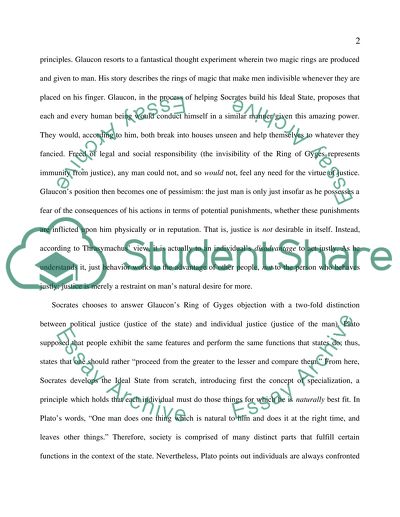Cite this document
(“Plato's Republic Essay Example | Topics and Well Written Essays - 1000 words”, n.d.)
Retrieved from https://studentshare.org/miscellaneous/1548999-platos-republic
Retrieved from https://studentshare.org/miscellaneous/1548999-platos-republic
(Plato'S Republic Essay Example | Topics and Well Written Essays - 1000 Words)
https://studentshare.org/miscellaneous/1548999-platos-republic.
https://studentshare.org/miscellaneous/1548999-platos-republic.
“Plato'S Republic Essay Example | Topics and Well Written Essays - 1000 Words”, n.d. https://studentshare.org/miscellaneous/1548999-platos-republic.


